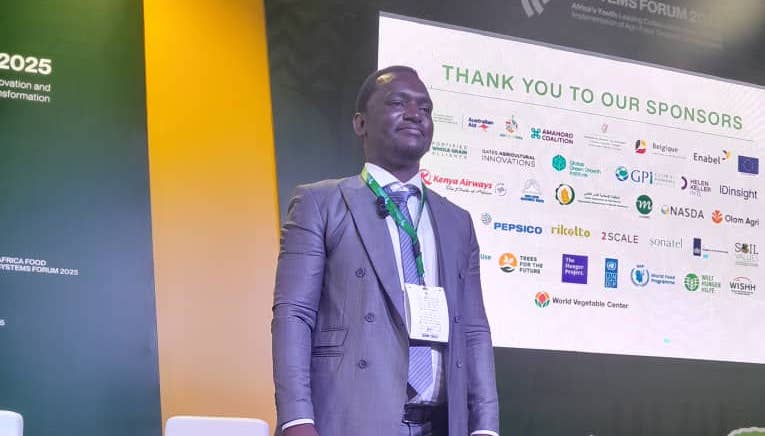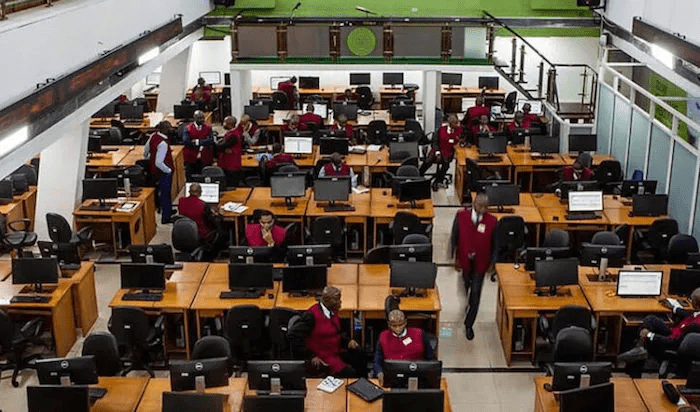It is a fragile gamble ahead of 2027, contends CHETA NWANZE
As Nigeria approaches the 2027 general elections, the political landscape is already alive with strategic manoeuvres. At the forefront is a nascent opposition coalition seeking to unseat President Bola Tinubu and the All Progressives Congress (APC). Central to this effort is Peter Obi, the Labour Party’s presidential candidate in 2023, who recently reaffirmed his intention to run again, pledging to serve only a single term in adherence to the South-North power rotation principle. Obi had initially dismissed any alliance with Atiku Abubakar on a Twitter Spaces event, emphasising that any coalition must prioritise governance over power grabs.
An Alliance of Uneasy Bedfellows: Despite Obi’s reservations, the following week, a coalition emerged under the banner of the African Democratic Congress (ADC), comprising Obi himself, Atiku Abubakar, and former Kaduna State Governor Nasir El-Rufai. This followed delays in registering their preferred platform, the All Democratic Alliance (ADA). The coalition has attracted defectors from the APC, such as former Rivers State Governor and Federal Minister, Rotimi Amaechi, who criticised Nigeria’s current state.
However, the coalition’s viability is immediately challenged by the presence of multiple presidential hopefuls, particularly Atiku and Obi. Unlike the APC’s formation in 2015, where Tinubu stepped aside for Muhammadu Buhari, neither Atiku nor Obi is likely to yield willingly. This ego-driven dynamic threatens the coalition’s cohesion, raising doubts about its ability to present a united front.
Navigating North-South Power Dynamics: A deeper challenge lies in Nigeria’s entrenched North-South power divide. Southerners argue that the North has held the presidency for roughly 70% of Nigeria’s post-independence years (46 out of 65). If Tinubu serves only one term, they contend his successor should also be Southern. Northerners, however, would likely reject this, viewing it as an unfair exclusion, potentially excluding the North for 12 consecutive years.
The coalition must craft a nuanced power-sharing agreement to address this grievance. Failure to do so risks fracturing its unity, as regional loyalties often trump ideological alignment in Nigerian politics.
Internal Divisions and Ideological Contradictions: Cracks are already appearing. Dumebi Kachikwu, a former ADC presidential candidate, has rejected the coalition’s adoption of the ADC, citing a lack of due process. Such internal dissent is predictable in a fragile alliance, where disputes over leadership, zoning, and control are inevitable.
The inclusion of polarising figures like El-Rufai further complicates matters. Many in Nigeria’s Middle Belt, who strongly supported Obi in 2023, view El-Rufai with suspicion due to allegations that he enabled sectarian violence during his tenure as Kaduna governor. If Obi leads the ticket, he must find a way to navigate such associations or risk alienating his base.
Similarly, the presence of former Buhari administration figures like Abubakar Malami risks painting the opposition as a gathering of disgruntled elites rather than reformers. The coalition must articulate a clear, policy-driven vision to counter this perception.
The Igbo Question and Resource Challenges: Obi’s Igbo identity adds another layer of complexity. Many Igbo feel systematically marginalised since the Civil War, and Obi’s candidacy represents a long-awaited opportunity for representation. If he is not the coalition’s flagbearer, the alliance must offer significant concessions to the South-East to gain their support.
Resource mobilisation is another hurdle. Nigerian elections rely heavily on state resources, often controlled by governors. With many Southern governors defecting to the APC, the coalition may struggle to match the ruling party’s financial muscle. Grassroots fundraising could be a vital alternative, but in a very low-trust environment, will they be able to push it through? Will the coalition also be able to navigate the transparency required for a broad-based grassroots financing option?
Lessons from 2023 and the Path Forward: The 2023 elections offer critical lessons. Obi’s search for a party with minimal internal opposition ultimately backfired, as factions within the Labour Party still challenged his candidacy. For 2027, the ADC must ensure a transparent primary process to foster unity.
Another lesson was the poor vetting of down-ballot candidates under Obi’s Labour Party, which led to disappointing performances. The coalition must prioritise rigorous candidate selection at all levels, not just the presidency, to build a credible alternative to the APC.
The Atiku Factor and Tinubu’s Counterplay: Atiku Abubakar’s continued presidential ambitions pose a dilemma. At his age, he lacks the appeal to energise the bulk of young voters. A statesman role, mentoring a new generation, could cement his legacy better than another divisive bid.
Meanwhile, Tinubu, a seasoned political strategist, will exploit any opposition weaknesses. The coalition’s internal contradictions provide ample ammunition, and Tinubu’s camp is likely to amplify these divisions as the election nears.
A Country in Crisis Awaits Leadership:
Nigeria faces its worst economic crisis in decades: soaring inflation, a plummeting naira, and non-existent public trust. Against this backdrop, Obi’s single-term pledge may seem idealistic. Four years is scarcely enough to address systemic issues, and history suggests reformers rarely step down voluntarily, especially if progress is underway.
Obi’s participation in this coalition also highlights contradictions. Once opposed to power-centric alliances, he now shares a platform with figures like El-Rufai and Atiku, who embody the establishment he claims to challenge. This risks alienating his youth-driven base, who see him as a break from the past.
A Coalition at a Crossroads: The opposition’s formation is a necessary step toward challenging the APC, but its long-term success is far from assured. Internal rivalries, regional tensions, and ideological incoherence threaten its stability. While the coalition may unsettle the APC, it must transcend mere power arithmetic to offer a compelling vision for Nigeria’s future.
As 2027 approaches, Nigeria stands at a crossroads. The opposition’s ability to unite and inspire will determine whether it can break the APC’s dominance—or if Nigeria’s political drama will once again leave citizens as spectators rather than participants in their own destiny.
Nwanze is a partner at SBM Intelligence, an advisory that works out of Lagos, Accra and London


